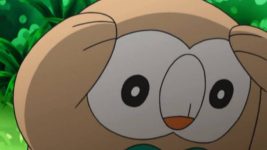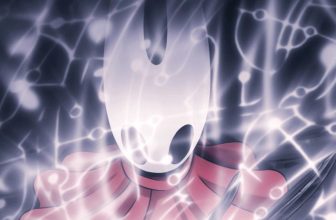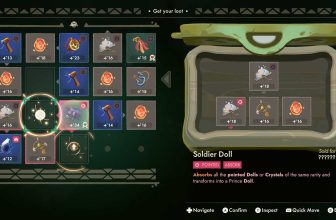Nintendo and The Pokemon Company’s controversial summoning and battling patent is being re-examined by the United States Patent and Trademark Office, in a rare decision one patent expert speculates could have been influenced by public backlash.
While Nintendo and The Pokemon Company’s patent infringement lawsuit against Palworld developer Pocketpair is still ongoing in Japan, meanwhile, in the US, the two companies recently fell into the spotlight for a separate controversial patent, 12,403,397. The patent – which is rather broad, and describes the idea of summoning “sub-characters” to fight either manually or automatically in battle – raised concerns regarding the potential impact that might be had on other games should Nintendo choose to enforce it. Now, though, the USPTO’s director has ordered that this patent be re-examined, citing examples of prior art that may prove the idea wasn’t unique or novel enough to be patented in the first place.
Speaking to GamesRadar+, IP attorney Andrew H. Velzen – a partner at intellectual property law firm MBHB – discusses how unusual the re-examination order is, since it’s rare that such action is ordered by the USPTO director themselves rather than the patent owner or a third party. “Only about 1% are actually started by the director like this one was. It takes something quite monumental, I think, for the USPTO director to themselves initiate the process,” he says.

“If it [the re-examination] was indeed in response to public discourse and the vitriol against maybe what is perceived as inadequate patent examination or something, whether or not we see this more in the future is an interesting question,” Velzen begins. “If it turns out that enough commentators in the public decrying what they think is a patent that shouldn’t have been issued, and they can sort of force the director’s hand to look at more patents, I think there’s an argument to be made whether or not that’s a good thing.
“Plenty of gamers are happy to take out their pitchforks and argue against things, especially, you know, Redditors or what have you,” he continues. “And if that’s something that can move the patent office to act, I think there are some ways in which I could see that being valuable, and certainly it would feel like maybe that that is useful and kind of doing part of the patent office’s job for them, in calling out poor patents.”
He’s not completely convinced that this would be entirely beneficial, though. “On the other side of the coin, I don’t think anyone would want to be in a regime where just because a handful of people on the internet scream loudly enough about something, it invalidates actual innovation and prevents people from pursuing things that are actually benefiting the gaming industry,” Velzen suggests. “So I think there’s arguments to be had on both sides of that, and it’ll be interesting to see if this plays out with more of these [coming] down in the future, or if this one is just a one-off case.”







